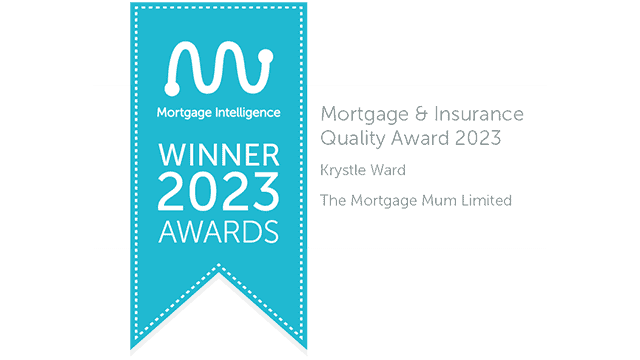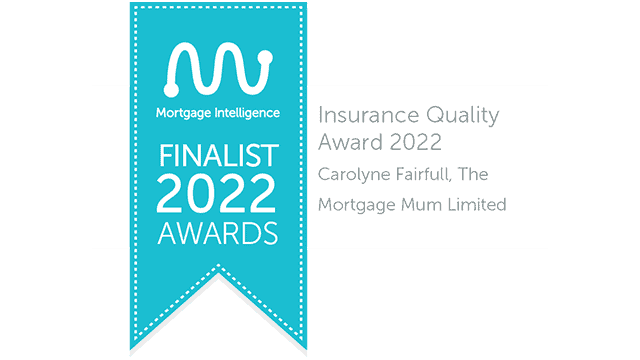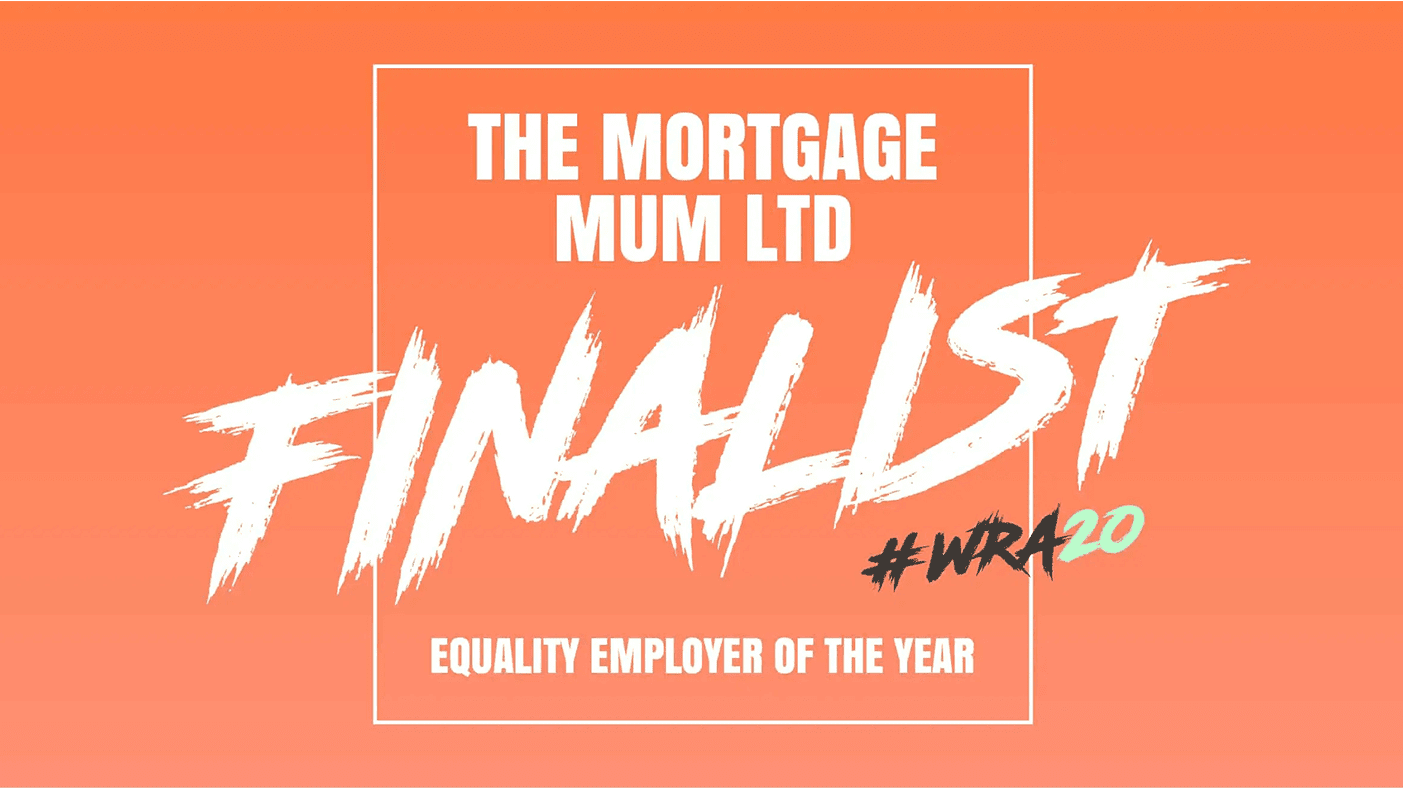What is a CIS Mortgage?
Hello and a very warm welcome to you to today’s Mortgage Month podcast. We are finishing the contractor series today, with a very important topic. We’re talking about CIS mortgages.
These are mortgages designed specifically for those working in the Construction Industry Scheme (CIS) – you may not realise that there are special mortgages just for you.
I’m here with the lovely Tessa again, who’s going to be asking me your questions.
What is a CIS mortgage and how does it work?
The CIS mortgage is specifically for the Construction Industry Scheme, designed for contractors on that scheme and self-employed individuals who work under it.
Perhaps you’re wondering about whether to start working in this scheme. You actually get paid with traditional pay slips, even though you are technically self-employed, and we can take those into account.
Often, if we find the right lender, we can actually class you as an employed individual – which can make it much easier to get you a mortgage for the right amount of affordability.
What does the CIS scheme mean?
The Construction Industry Scheme was set up by HMRC in the UK to regulate payments between contractors and subcontractors and make sure people pay their tax. One of the positives of this scheme is that it has helped people get mortgages more easily. They also get their tax paid in more simply, rather than having to worry about it themselves.
So, if you’re working in construction related services you can check if you’re eligible. There is a CIS helpline and there’s information on the HMRC website. Anything construction related, like building, decorating, electrical work or demolition, could potentially be eligible for the scheme.
Some activities like professional architectural or surveillance services aren’t included, so it’s worth checking if your particular area of subcontracting is there. If it is, it may well be worth registering. You’ll need to have some information to hand, like your National Insurance number and your unique taxpayer reference, details of your business and contact details, but as I say, the benefits of joining it could be huge when getting a mortgage.
Who is eligible for a CIS mortgage?
You have to be registered with the Construction Industry Scheme, and be receiving payments from contractors. They will deduct your tax under their CIS rules. You need to have a history of consistent work and to provide evidence of your income through pay slips and bank statements.
Even if you’ve got adverse credit or a slightly lower deposit, you can still get a mortgage under this scheme depending on the criteria.
Can self-employed workers apply for a CIS mortgage?
Yes, this is exactly who they’re tailored for. Lenders understand the unique nature of people working under the Construction Industry Scheme and they change their criteria around how they look at your income.
When you’re self-employed, normally we rely just on your accounts and what you declare on your tax return. For the self-employed looking to get a mortgage, you need to remember that when you’re submitting your tax return each year.
The difference with Construction Industry Scheme employees is that we can look at your pay slips and bank statements. From there we can generate an employed income and key you in with some lenders as an employed individual. Often that means that you can borrow more than your typical self-employed mortgage.
What are the benefits of a CIS mortgage compared to a regular mortgage?
The main positive is the bigger amount of borrowing – the higher borrowing potential. You should have more affordability, because we’re looking at your gross income.
One of the hardest things for self-employed individuals is that when you’re employed, lenders look at your gross pay. Employed people still pay tax and National Insurance, but lenders focus on salary before tax. When you’re self-employed, they focus on your earnings after tax – your net profit – and that can be a lot lower for some people. It can be a real frustration.
With Construction Industry Scheme mortgages, again lenders focus on gross income. That is a huge positive. You’re less reliant on your full accounts, so it should be a simpler process with less paperwork to gather. It’s an area of the market I really love because it actually identifies people’s individual needs. It would be lovely if there were mortgages for every single area of the market, but this is a really positive one.
Are there any potential drawbacks or risks associated with a CIS mortgage?
It’s just that there’s fewer lenders on the market that tailor their solutions. There’s one lender in particular that I typically start with for a Construction Industry Scheme worker because they are so good – that’s Halifax.
There are others out there, but Halifax has a great calculator that allows us to see what they would take as your employed income. It’s a great place for a broker to start. But you’re going to have less choice.
As I’ve said on other episodes, every lender lends a completely different amount, so it’s not just about that salary figure. What does the lender do with it? Do they multiply it by four or 4.5, five or 5.5?
You’re going to have less choice if you’re looking to take advantage of a CIS mortgage, and you need to be organised with your documents. We don’t just need your pay slips, we need your CIS statements and your bank statements as well. You’ve just got to give us a bit more paperwork.
But you haven’t got to gather all your accounts and tax documents, so it’s almost a pro and a con.
Speak to an expert
We will work at times that suit you and your family, carrying out appointments via video call, telephone or email, giving you the benefit of first class service, around your own schedule, and in the comfort of your own home. So let us handle your mortgage today and find out how well we can look after you, The Mortgage Mum way!
How do the interest rates and fees associated with a CIS mortgage compare to those of a traditional mortgage?
It’s important to remember that because you’re limited in the market, the CIS mortgage lenders may not have the cheapest interest rates available – although they might. The lender leaderboard changes all the time. Interest rates could be higher, but it’s not because you’re a CIS contractor necessarily.
It’s because you have a limited choice of lenders and you’re limited to their rates at that time. Fees should be exactly the same as any other mortgage, and it’s important to take these into account. Your advisor will work that out for you.
What documents are required to apply for a CIS mortgage?
Number one with any mortgage is to prove your ID with a passport and driving licence and your address with a recent utility bill. If you’re a First Time Buyer, we could use a bank statement instead.
We need to see six to 12 months of your CIS statements and pay slips and you need to gather bank statements for the same period. At our end, just so you know, we put in the gross amount from your pay slip and the amount you received on your bank statement – that’s what they use to calculate your income.
We also love to see a credit report just to make sure everything is as it should be. There may potentially be other documents, but those are the basic ones you will be asked for upfront.
How can someone find a reputable lender who offers CIS mortgages?
You’re listening to a Mortgage Mum podcast and of course I’m going to say speak to us. A good adviser will scout the market and do the hard work for you.
It’s not easy to Google a mortgage and find the right solution. You’ve got to find lenders that offer CIS mortgages and look at as many of them as possible…so why not use an advisor to do that for you?
Obviously you can talk to friends in the same industry as you, and they may tell you which lender they are with, but your mortgage situation is completely individual and advice should be tailored to you as such, so speak to an advisor.
Are there any other unique features or requirements of a CIS mortgage that borrowers should be aware of?
It’s about the calculation, so just make sure your CIS statements do reflect your gross earnings. That’s key to how much we’re going to be able to get you on affordability. Make sure your paperwork is correct. Quite often it isn’t, and then people have to go back and rectify it.
If you’re not sure, ask your advisor. Explain what your contract states and let them help you. You’re not trained to know how to read payslips and know what it all means. There’s so many layers to income and most people just check it seems right and hope it’s OK. An advisor will check your pay slips and your statements reflect what they should.
The uniqueness is in what we do with the information you give us and how we maximise your affordability. You may not need a higher mortgage, of course. You might want to borrow less, in which case it’s a simpler process. If there are cheaper rates out there and we don’t require a CIS contractor mortgage, we can just use your accounts. We’ll look at that as an option too.
How can a mortgage broker help here? Any final thoughts?
It’s just another reminder that we are professionals and we know the ins and outs of this scheme. We know which banks are the most accommodating and which lend more – and that changes all the time. It’s about what banks are lending and what their underwriting process is like.
These are all things only a broker will know. Here, we swap notes all the time and when the market is shifting there can be delays at certain banks – we will know to avoid those. If a bank is taking months to produce an offer, it could have a financial impact on you.
So it’s not just about the rate. It’s about taking into account everything that’s happening in the mortgage market and guiding you through all that, without overwhelming you. That would be my pitch.
I hope you learned something new today and felt inspired in some way. Here at The Mortgage Mum we really believe in people supporting people, so if you’ve enjoyed this episode please share, subscribe and rate and review us.
And of course, if you would like help with your mortgage or your insurance, explore the site or contact any of the team on social media. We would love to help you. Thank you for listening.
YOUR HOME MAY BE REPOSSESSED IF YOU DO NOT KEEP UP WITH YOUR MORTGAGE REPAYMENTS.

























































